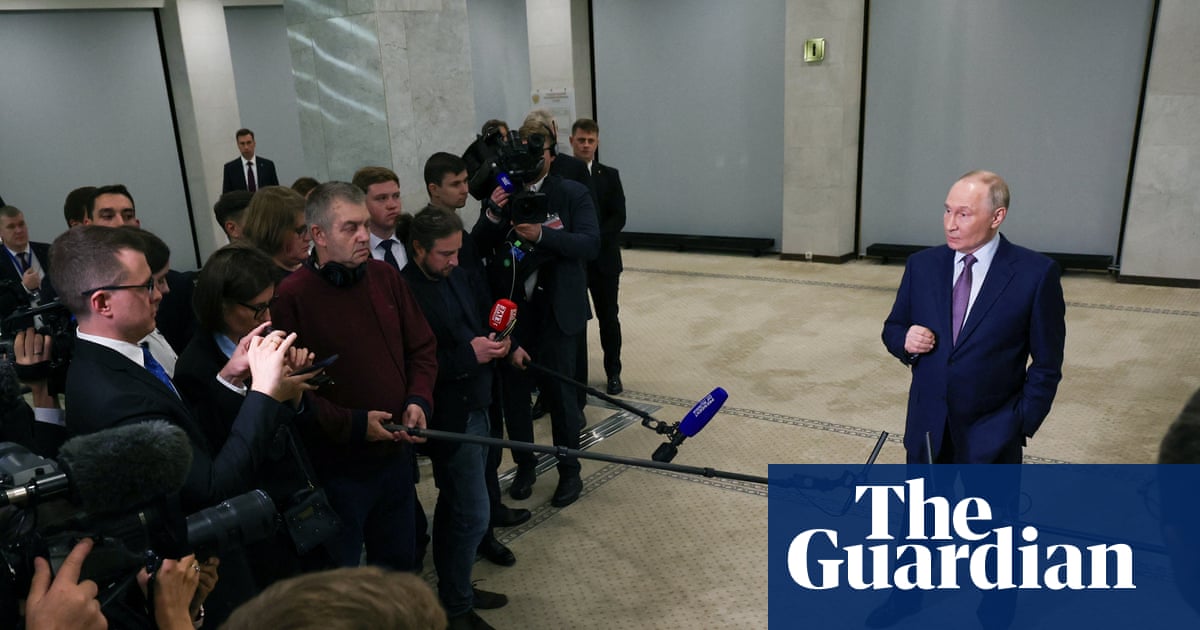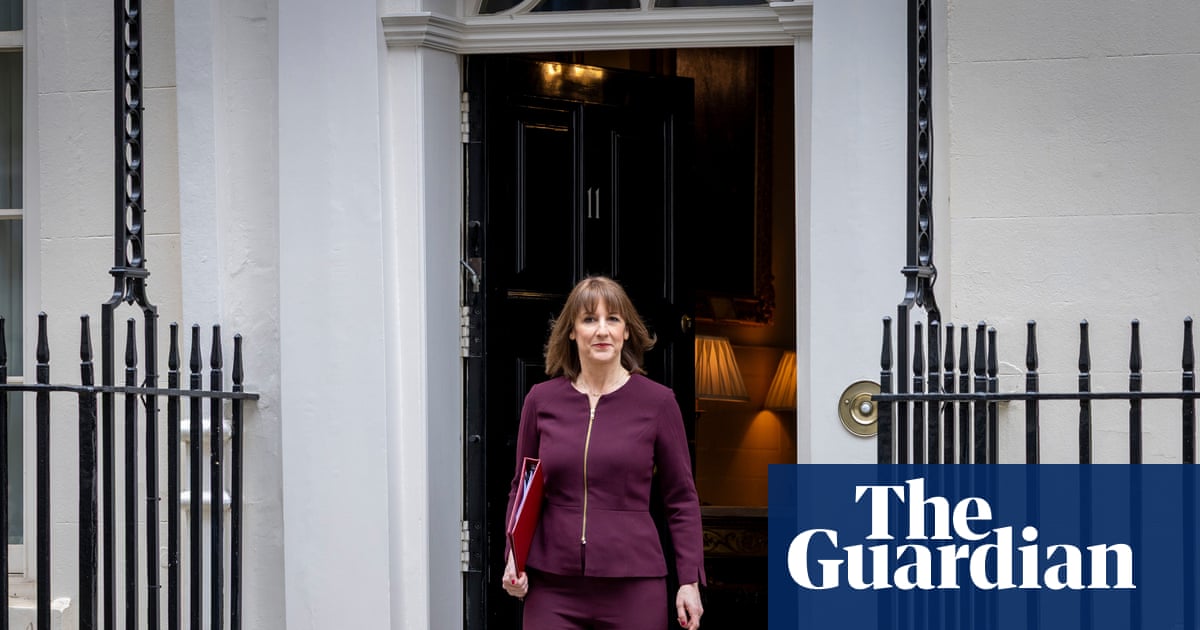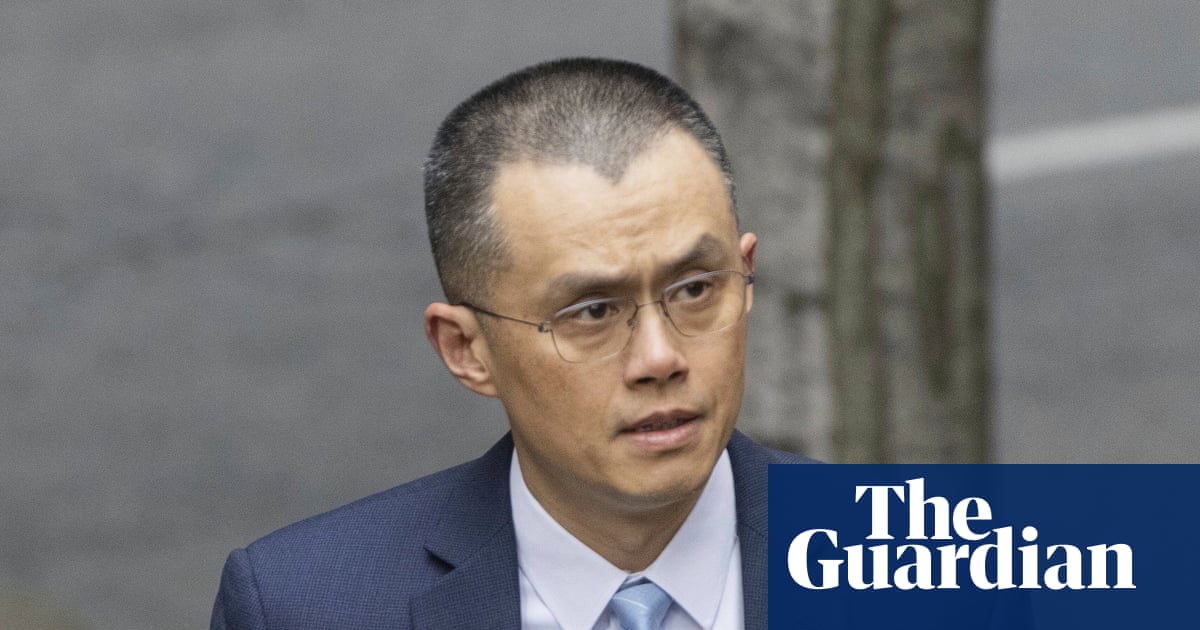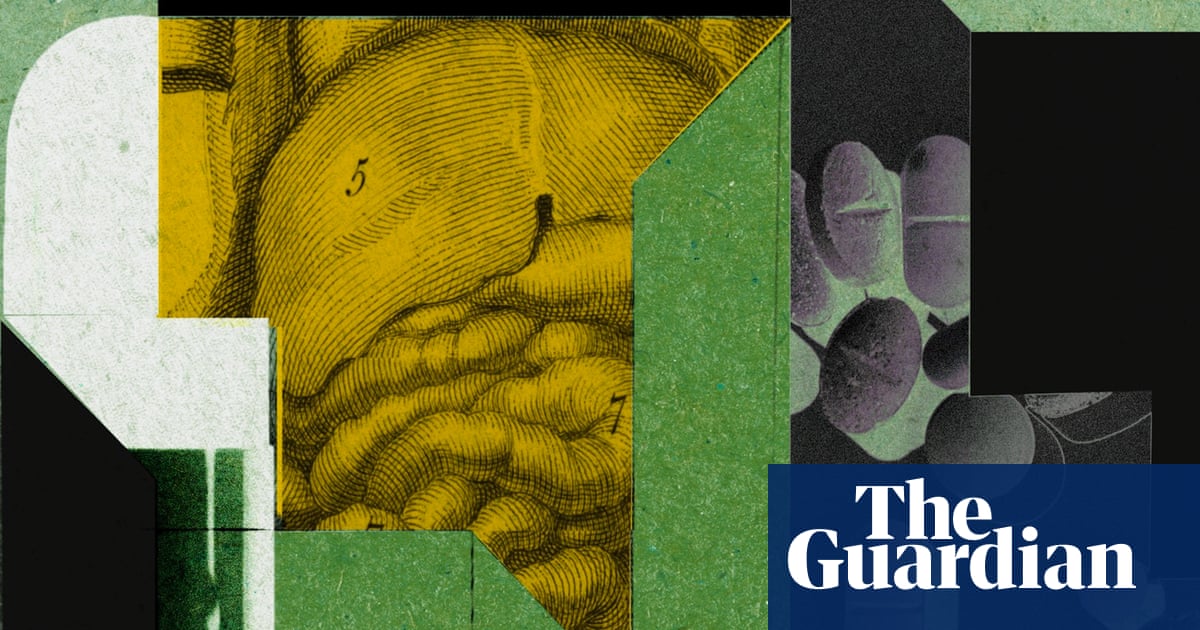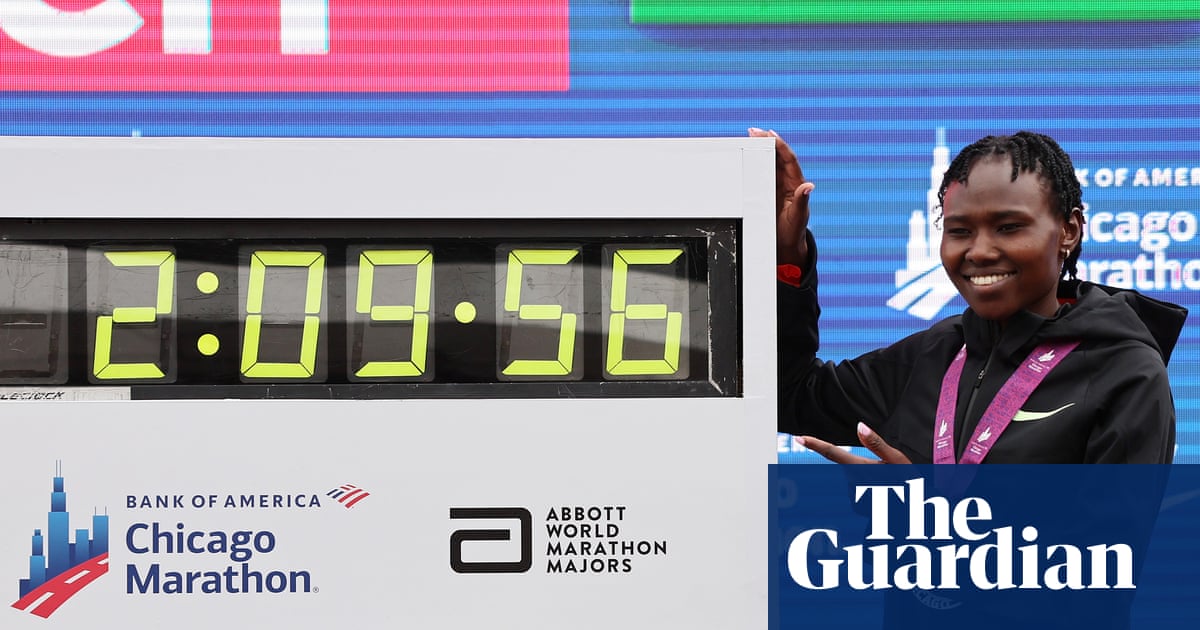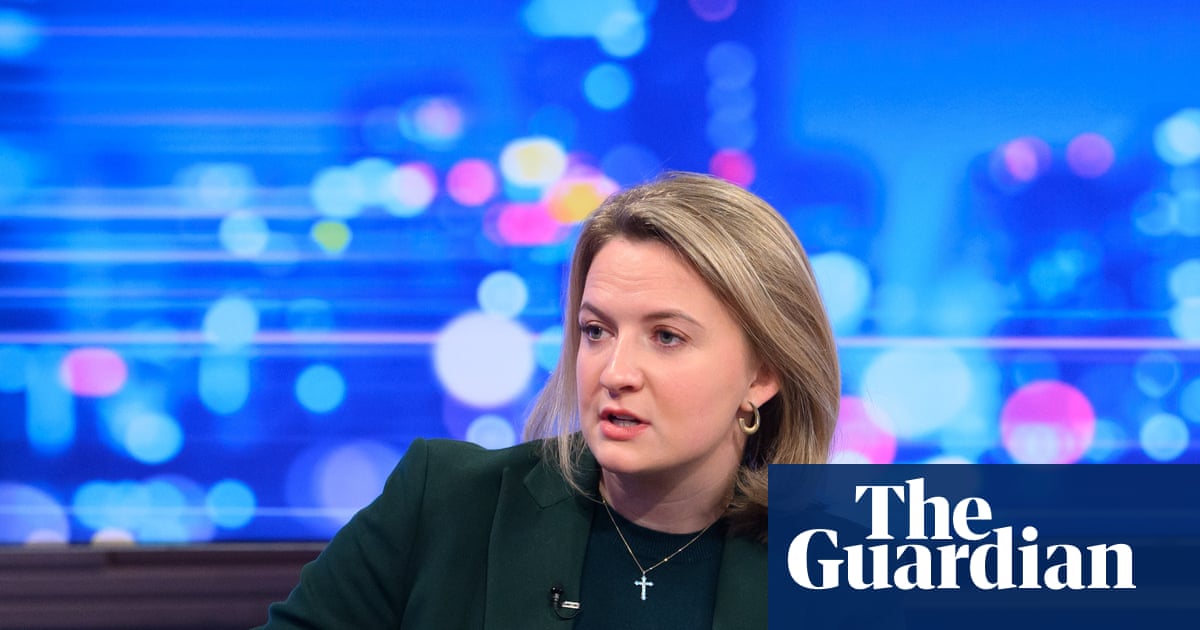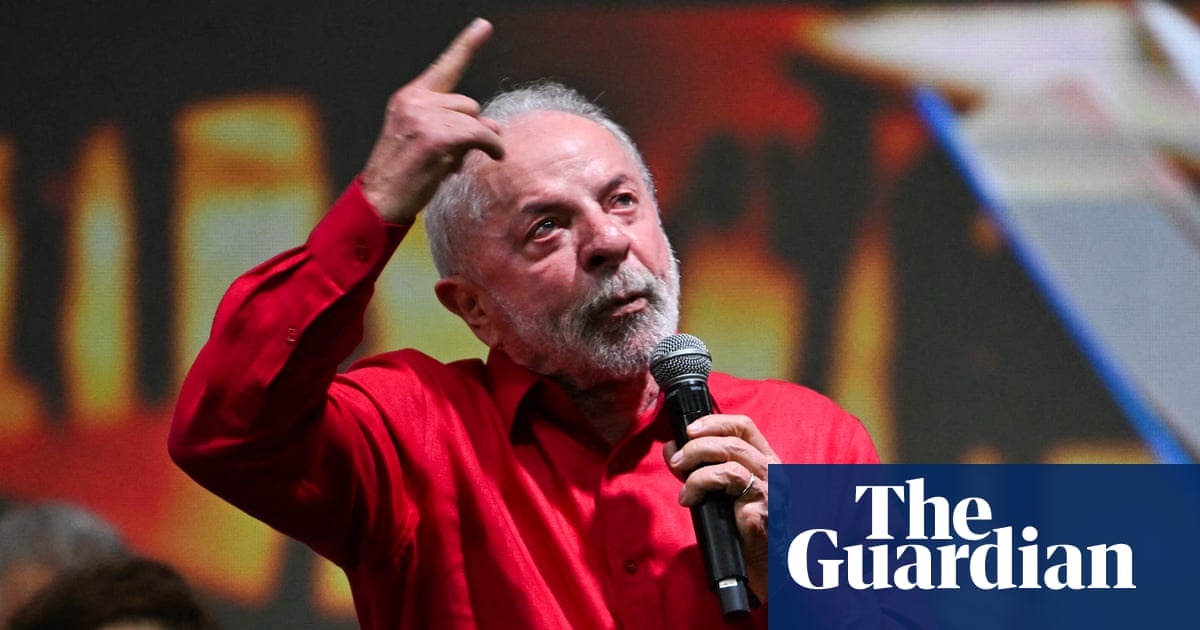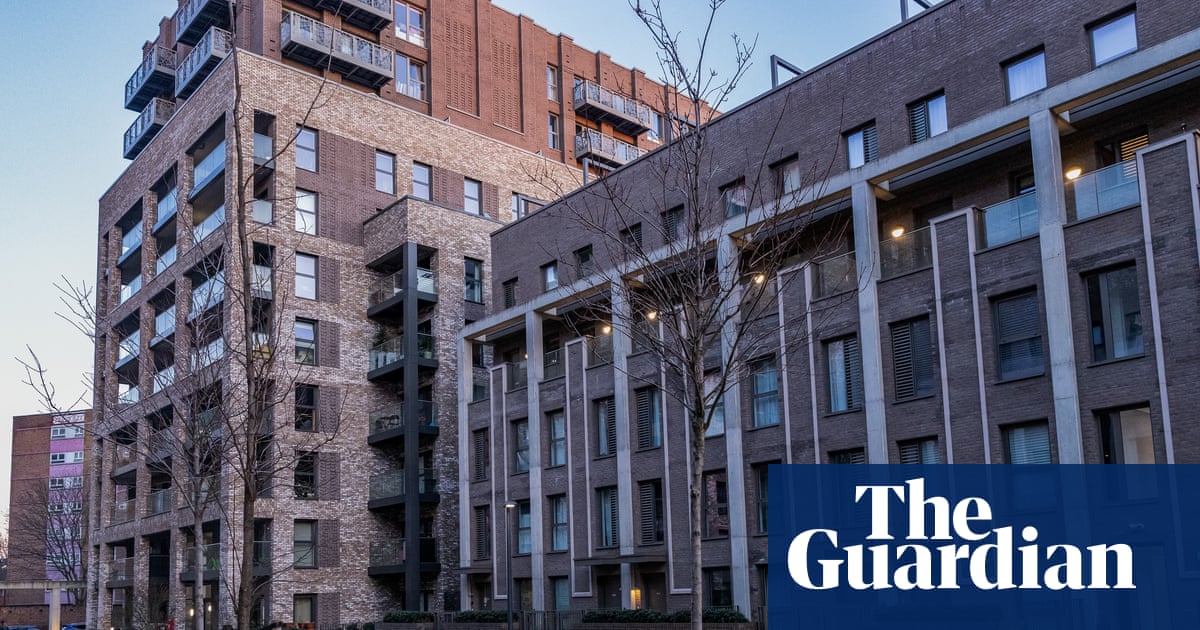Zeynure Hasan was at home in Istanbul in July 2021 when her husband finally called. It had been four days since she last heard from him as he got ready to board a flight to Casablanca. The silence had been torturous.
But the news Idris now shared with her was even worse. He had been arrested and imprisoned on arrival in Morocco and told he was going to be deported to China. “You should call anyone who can help me, anyone who can rescue me,” he told her, before the phone went dead.
Zeynure, 31, and Idris, 37, are Uyghurs, a mostly Muslim ethnic group who make up about half of the population of China’s north-western Xinjiang province. More than a million Uyghurs appear to have been imprisoned in “re-education” camps and subjected to torture over the past decade for acts as ordinary as attending a mosque or wearing a hijab.
The couple had joined thousands of others who fled to Turkey in the 2010s. But if they thought they would be safe in exile, they were wrong.
Settling in Istanbul, Zeynure became an English teacher and Idris started work as a translator and designer, helping to publish Uyghur news and printed works. They had three children and felt free to live as Muslims.
But when one of Idris’s best friends, who worked in a library stocking Uyghur books, was arrested in the summer of 2021, Idris panicked. There were reports that Beijing was pressuring Turkey to deport Uyghurs. Idris felt vulnerable as he had been detained previously, he suspected because of his work with activists and promoting Uyghur culture. He decided to flee to Morocco, but Zeynure, whose Chinese passport had expired, had to stay behind with the children until her husband could apply for a visa for both himself and the family.
Leaving Turkey proved to be a terrible mistake. At the airport in Istanbul, border control officials took Idris aside for questioning. “When he was eventually allowed on to the plane he told me how happy he was that they had let him go, but it felt like a trap to me,” says Zeynure. Her worst fears were confirmed when he was taken off the plane and arrested by border officials in Morocco.
Transnational repression
ShowTransnational repression is the state-led targeting of refugees, dissidents and ordinary citizens living in exile. It involves the use of electronic surveillance, physical assault, intimidation and threats against family members to silence criticism. The Guardian’s Rights and freedom series is publishing a series of articles to highlight the dangers faced by citizens in countries including the UK.
Over the past decade, China has been using the global police agency Interpol to target political refugees and dissidents and had asked for Idris to be added to the agency’s most-wanted “red notice” list. Zeynure says Turkish officials let him board the flight knowing he would be arrested when he arrived in Morocco.
What happened next would convince her that she needed to do what many Uyghurs fear most: defy China, regardless of the consequences.
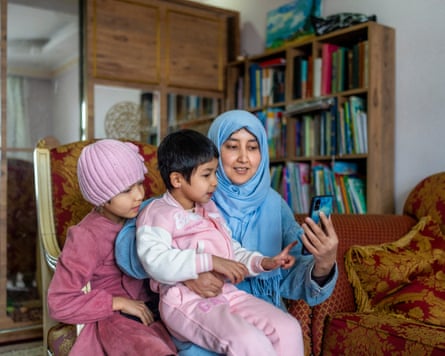
Soon after she received news of her husband’s arrest, Zeynure got an unexpected phone call from her parents in Xinjiang. She had been cut off from her family since they had visited her in Turkey in 2016 and been imprisoned for several months upon their return to China.
The moment Zeynure found out her husband had been arrested in Morocco – audioHer parents had a chilling message. “They said, ‘We know your husband is not with you. Maybe we can help you,’” says Zeynure. “I knew there must be some police there with them and just acted like I didn’t know anything. But they persisted and told me not to do anything to help my husband. ‘Don’t do anything except feeding your children,’ they told me. ‘Don’t say anything bad about China.’”
But with her husband’s life at risk, the softly spoken Zeynure was not going to stay quiet. She had grown up witnessing women having their hijabs ripped off in public by the police and had been determined to live in a country with religious freedom.
“Before my husband was arrested in Morocco, I didn’t do anything. I was just looking after my family; I didn’t even have Facebook, Twitter or these kinds of things. But I had to do something to rescue my husband – I had to tell the truth to the world. Everyone knows Uyghurs sent to China will be tortured or die. They [the Chinese government] pushed me to speak out.”

Zeynure has two distinct types of memories of growing up in Xinjiang. The first was of blissful days spent in the countryside with her grandparents, who were farmers. “I’d play with the sheep and chickens. I don’t know if I will ever have that kind of opportunity again. The family around the house and farm. It was too beautiful, like a scene from a story.”
The second was as a Muslim Uyghur in Xinjiang, of school holidays cut short by forced teachings of “communist songs” and being banned from going to the mosque or observing Ramadan.
China says it is tackling extremism through ‘controlling illegal religious activities’ and ‘vocational education and training centres’, but other countries, including the US, say its actions amount to genocide. Zeynure says she never felt free to follow her religious beliefs in Xinjiang. “People who went on pilgrimage to Mecca [in Saudi Arabia] were arrested and sent to prison and told they must have some problem in their brain.
“They [the Chinese government] wanted Uyghur people to forget their religion and culture. They said ‘you should believe in us, we gave you jobs and this beautiful life here’,” says Zeynure.
She finally decided to leave China after returning home from university in Eastern China to a growing crackdown on religious freedoms in 2011. It was then that she was introduced to Idris by one of her school friends. “She knew we both had made the decision to go abroad and told us maybe we could meet and go together.”
Zeynure says she was immediately reassured by Idris. “I realised he was very truthful and shy, and couldn’t tell lies or do anything bad. There were some Uyghur boys at university who wanted to marry me, but Idris was different.”
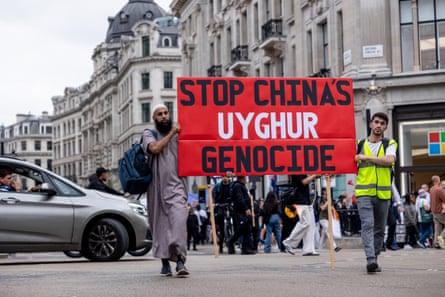
Within two months they were married and ready to leave for a new life in Turkey. They knew it was an Islamic country with many Muslims and Uyghurs already living there, with a similar language and shared ethnicity. “It was like Uyghurs’ second home,” says Zeynure. As a teacher and designer, they could also help the community in exile. “There are many children now in China growing up without Uyghur culture or language so we think it’s our duty to not let it die out,” she says.
But their relief at finding a place of safety overseas was short-lived. Beijing has become a global leader in targeting dissidents and critics living in exile through the use of electronic surveillance, threats and physical assault. But what Idris was subjected to was a newer tool of repression: using China’s growing economic leverage to force other countries to bend to its will, including detaining and deporting Uyghurs it wants to silence.
How China targeted Idris because of his work helping Uyghur muslims – audioAfter the call from Idris, and discovering he had an Interpol red notice hanging over him, Zeynure knew she only had a short window of opportunity to try to stop his extradition to China. She immediately contacted as many Uyghur support groups as she could find listed online in Europe and the US and begged for help. She was fearless despite China having already shown a willingness to go after the relatives of other targets.
Zeynure started protesting with her children at the Moroccan embassy in Istanbul, and posting updates on social media. To her surprise, copycat protests soon followed in Morocco demanding Idris’s release. Moroccan officials were forced to put out a statement saying his deportation was a matter for the courts to decide.
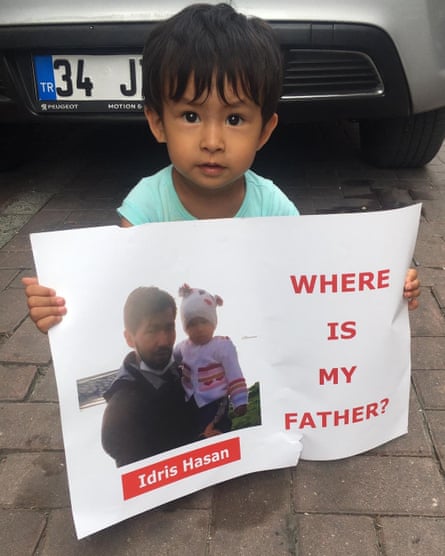
In early August 2021, Interpol cancelled Idris’s red notice after being pressed to review his case by human rights groups. But that did not stop a Moroccan court later ruling he should still be extradited to China. Zeynure says there was huge diplomatic pressure from Beijing, which made little sense for someone who had not been convicted of any crime or act of terrorism. “I was told the Chinese government said it would close all its factories in the country if Morocco released him.”
In late December 2021, the UN intervened and asked for time to conduct a review of Idris’s case, citing the risk he could face torture or arbitrary detention if sent back to China. It later requested his release, but Morocco still appeared unwilling to upset the Chinese government, which was demanding his extradition. Turkey also appeared unwilling for Idris to return. “If the Turkish government had said ‘we want Idris, you can send him’, maybe they [Morocco] would have, but they didn’t care about his case any more. From the beginning, Turkey didn’t get involved because it doesn’t want to be an enemy with China now.”
As the months and then years passed with no resolution, Zeynure remained courageous in continuing to protest and keep Idris’s name in the media spotlight. Her husband needed her more than ever. Stuck in prison and permitted just three short calls a week to his family, Zeynure says Idris was losing hope. “He was very afraid and couldn’t sleep. Every time the prison door opened, he said, ‘I thought they would deport me to China’.” Zeynure says the children were also suffering, especially their youngest, now aged six. “She became very sensitive and not really a social child any more.”
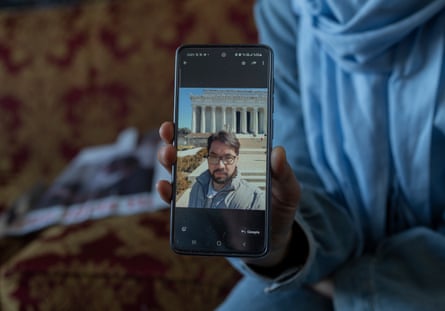
But as Idris entered his fourth year in detention without charge, there was hope at last of a route to safety from an unlikely source: the new Trump administration.
The US has long accused China of genocide in its treatment of Uyghurs. As he took up his new role as US secretary of state in January 2025, Marco Rubio described it as “one of the most horrifying things that’s ever happened”.
“These are people who are basically being rounded up because of their ethnicity and religion … They’re being put into … what they call re-education centres. They’re being stripped of their identity, their children’s names are being changed,” he told senators in the US.
Less than a month later, the US had convinced Morocco to quietly defy China and release Idris. On 12 February, Zeynure got a call to say her husband was out of prison and travelling with his lawyer to a hotel in Casablanca. From there he was taken to the UN offices and then the US embassy in the city as he waited to board a flight to Washington DC. But there was to be no public announcement of his freedom as everyone involved, including Zeynure, was sworn to secrecy.
Even with the US agreeing to rescue him there was a fear of what could happen if the Chinese found out Idris had been released before he had left Morocco. “I worried he wouldn’t make it on to the plane, but they [the lawyers] said there wouldn’t be any problem because there were some American officials from the embassy who would go with him. I was crying and laughing. My emotions were all over the place,” says Zeynure.
On the evening of 14 February 2025, Zeynure finally got the call the family had been waiting for: Idris was safe. He had arrived in Washington.
But for Zeynure and the children, the wait for the family to be reunited went on. Idris was granted a visa to stay in the US, but was told that applying for his family to be able to join him would likely take many years. Fearing the Trump administration’s growing hostility towards migrants and refugees could stop them ever being reunited, Idris applied for asylum for himself and his family in Canada.
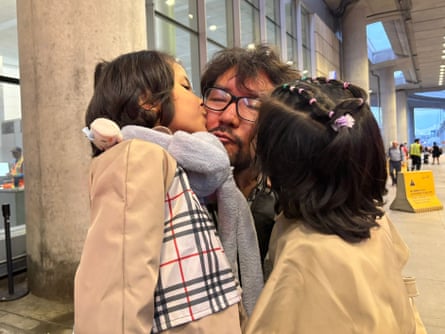
It would take another seven months, but last month Zeynure and the family were granted a permanent immigration visa to relocate to Canada. On 24 September, Zeynure and the children set off on a flight from Istanbul. Idris was there waiting at Toronto airport. The family were together at last.
“As soon as I saw him all my anxieties disappeared. It’s been so many years of fear and worrying because we didn’t know what would happen next. If a normal person commits a crime or does something bad they are arrested and convicted and told when they will be released.
“The most unfair thing is that if you are Uyghur, you can be arrested without reason and you can’t know when you will be released. My children just wanted to see their father again and hug him.”
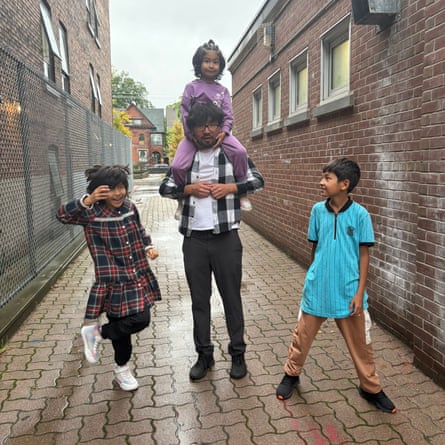

.png) 5 hours ago
7
5 hours ago
7
